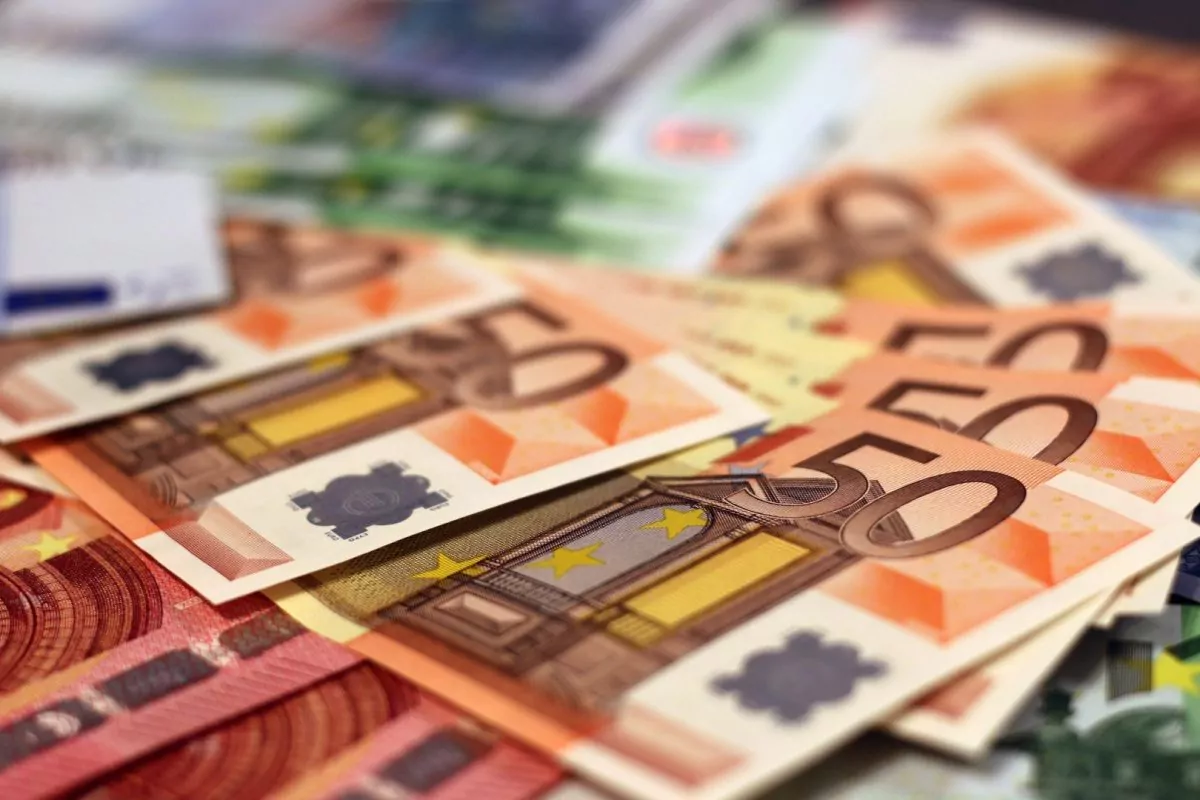The European Commission on Thursday transferred €1.8 billion in pre-financing to Romania, equivalent to 13% of the grants earmarked for our country under the Recovery and Resilience Facility (RRF), according to a statement from the European institution.
Urmărește mai jos producțiile video ale Economedia:
- articolul continuă mai jos -
The pre-financing will help start implementing the investment and reform measures outlined in Romania’s recovery and resilience plan, the EC says.
Romania is to receive €29.2 billion in total through the National Recovery and Resilience Plan (NRRP), €14.2 billion in grants and €14.9 billion in loans.
Today’s disbursement follows the success of the first loan operations under the NextGenerationEU instrument. By the end of the year, the Commission intends to mobilise up to €80 billion in long-term funding, to be complemented by short-term securities (“EU-Bills”), to finance the first planned disbursements to Member States under NextGenerationEU.
The Recovery and Resilience Mechanism is at the heart of the NextGenerationEU instrument, which will provide €800 billion (in current prices) to support investments and reforms in all Member States. Romania’s plan is part of the EU’s unprecedented response to emerge stronger from the crisis caused by the COVID-19 pandemic, to promote the green and digital transition and to strengthen resilience and cohesion in our societies.
Supporting transformative investment and reform projects
In Romania, the Recovery and Resilience Mechanism finances investments and reforms that are expected to profoundly transform Romania’s economy and society. Notable measures include the following.
Ensuring the transition to a green economy: Romania’s plan foresees €3.9 billion investment in upgrading rail infrastructure, including electrified or zero-emission railways and rolling stock. In addition, €2.7 billion will be invested in energy-efficient renovation and seismic retrofitting of multi-family and public buildings, which will bring environmental benefits and reduce household energy bills. The wave of renovations will make buildings more resistant to earthquakes and more accessible to disabled and elderly people. Reforms and investments worth €855 million will support clean energy production by phasing out coal and lignite production and using renewable energy sources and hydrogen. In addition, the plan includes biodiversity and environmental protection measures focusing on afforestation, reforestation and forest nurseries, as well as other biodiversity measures for ecological reconstruction and species protection, with investments worth €1.1 billion.
Supporting the digital transition: the plan foresees €1.5 billion for the digitalization of public administration in key areas such as justice, employment and social protection, environment, civil service management and skills development, public procurement, cyber security, taxation and customs, with the simultaneous building of a secure government cloud infrastructure and the issuance of e-ID cards for 8.5 million Romanians. The plan invests €470 million to develop an integrated e-health system, connecting more than 25,000 healthcare providers and telemedicine systems. In addition, €881 million will be allocated to the digitalization of education to improve digital pedagogical skills as well as educational content and digital equipment.
Strengthening economic and social resilience: the plan will support better decision-making and fiscal sustainability through a strengthened budgetary framework, tax administration and fiscal framework reforms, pension reform and better expenditure control. The plan will improve the business environment by strengthening the independence of the judiciary and improving its quality and efficiency, stepping up the fight against corruption and supporting predictable, informed and participatory decision-making. The Plan will also help strengthen the resilience of the health system by investing €2 billion in modern hospital infrastructure and improve the education system through comprehensive measures covering all levels of education. In addition, the minimum income inclusion reform will simplify and improve social support for the most vulnerable while creating incentives for employment and training. Romania’s plan will support territorial and social cohesion by developing, modernizing and decarbonizing road transport and improving road safety through reforms and investments worth €3.9 billion.

 sursa foto: Pexels
sursa foto: Pexels





























